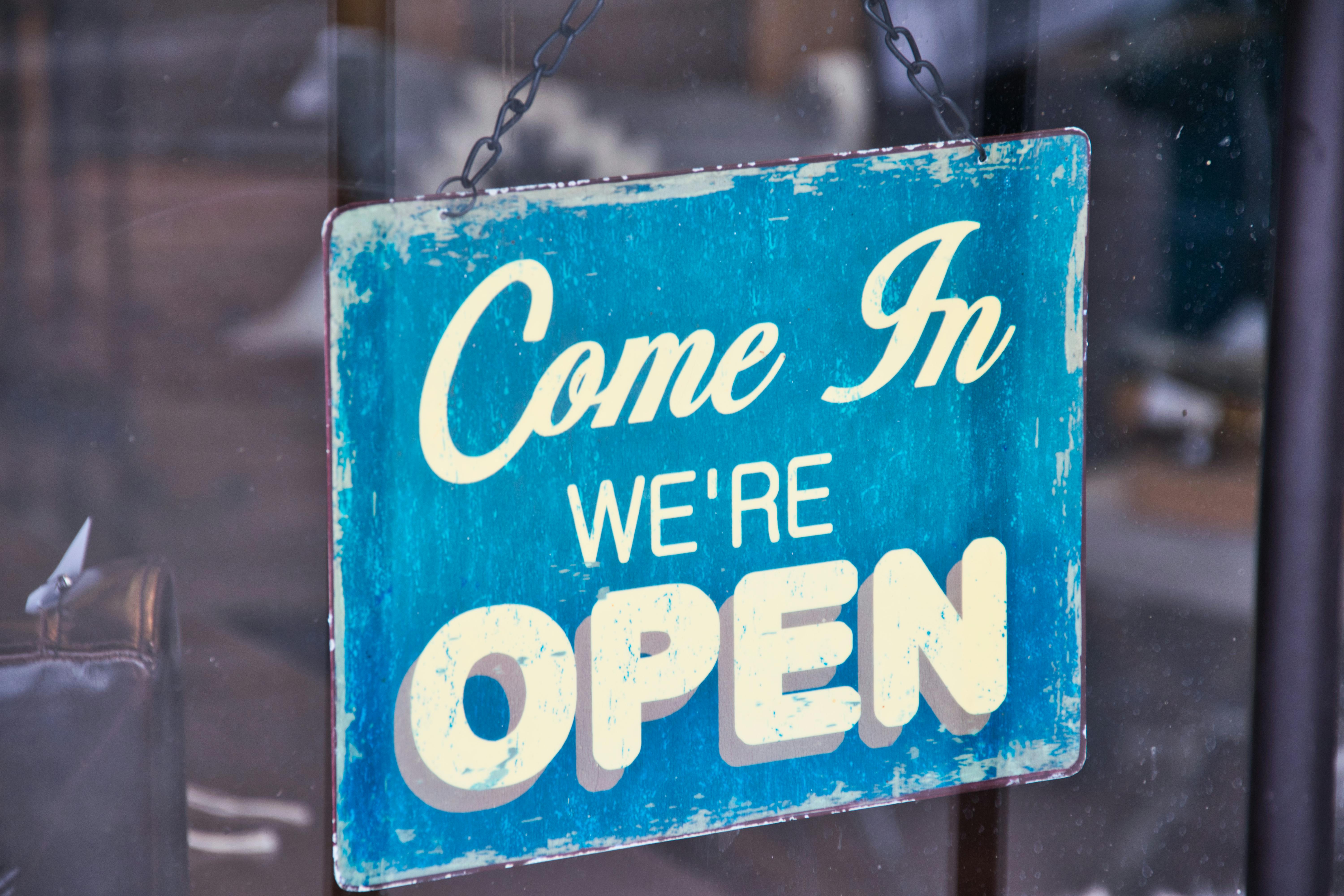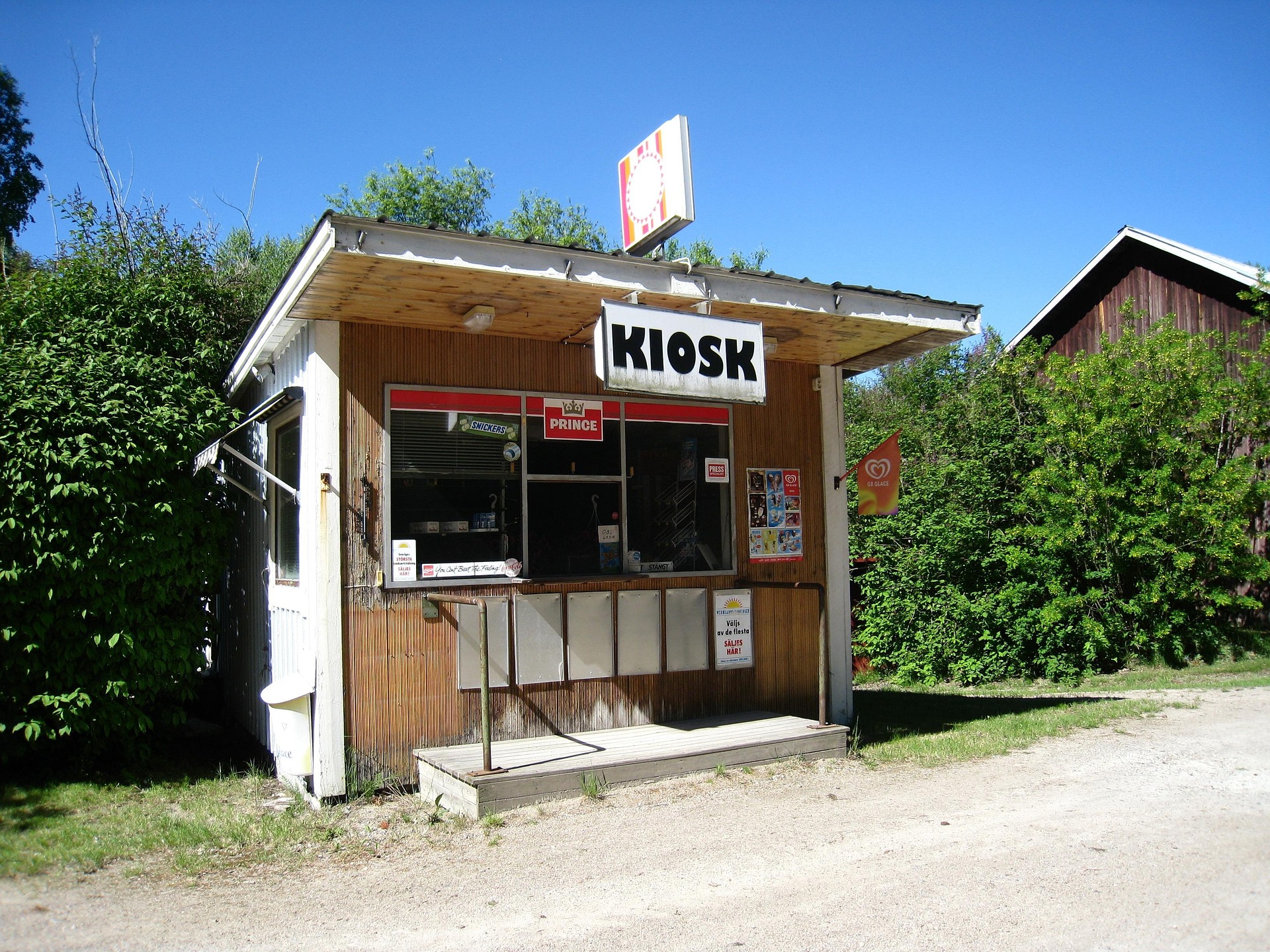11 Retail Business Ideas You Can Start in 2025

September 18, 2025

Starting your own retail business can be an exciting venture that allows you to make money while pursuing your passions. Starting your own business also gives you the opportunity to increase your earnings with no limit and have more flexibility when it comes to creating your own schedule. It also teaches you fundamental knowledge about how to navigate the business world and learn new things, such as how to lead a team of employees, manage large amounts of money, communicate with others, and make decisions and problem-solve under pressure.
Having your own retail business is a great way to invest your money wisely in something worthwhile that can bring you high returns. From fashion and e-commerce to technology, hospitality, and specialty goods and services, there are many avenues you can explore when establishing your business. Industries like these continue to be in high demand, as consumers constantly want to purchase these types of offerings to fulfill their needs. If you want to learn more about the best retail business ideas you can start this year that are the most sought-after, check out our top 11 below.
1. Print On-Demand Store
With the rise of e-commerce, many have turned to selling their own products via print-on-demand stores and marketplaces that allow them to churn out inventory, make money, and save their funds on typical overhead fees that would otherwise go towards manufacturing a product and selling and shipping it to customers. Print-on-demand stores like Printful, Printfy, Redbubble, and Gelato allow business owners to sell a wide range of products, from t-shirts and tote bags to mugs, phone cases, canvas art, and stationery items, without having to manufacture these items themselves. Print-on-demand stores allow you to either design the illustration you want featured on your products using their own in-house design tools or mockup generators. Or, use design sites like Canva or Adobe Illustrator to create these graphics and upload them to your product account. These stores also make it easy to fulfill orders since these platforms handle the process themselves entirely. These fulfillment costs, along with others, such as transaction, payment processing, and listing fees, are deducted from the orders you make. Altogether, these fees are generally minimal, depending on the type of product you sell. Some platforms like Printful and Printify also let you integrate with Shopify, Wix, and WooCommerce so that you can connect your print-on-demand store to your website.
2. Coffee Shop
As the number one beverage in the United States, owning your own coffee shop is a solid retail business to open that guarantees customers will keep coming through the door. Setting up shop in a busy plaza or shopping center in your neighborhood is a great way to bring in customers and develop a loyal base that will consume your delicious offerings. Having your own coffee shop also allows you to make money selling other kinds of popular foods and drinks, like tea and matcha, as well as baked goods and breakfast items. You can open your own location by investing your own money into it or applying for a small business loan to cover these startup costs. Eventually, you can expand to other locations across your town, city, or state, if your initial shop is successful.
3. Flower Shop
Many people buy flowers from flower shops for special occasions, like weddings, birthday parties, anniversaries, and corporate events. Floral shops are ideal for making consistent sales, since people are always celebrating these milestones, no matter the time of year. Flowers are also an extremely popular gift people give to others on their birthday, for Valentine’s Day, and during the holidays as a housewarming gift. Flower shops can be set up in your local neighborhood or city, and you can invest funds into opening a new location or obtaining a business loan to do so. You can also purchase the flowers you want to sell at a reasonable price from wholesalers or distributors, who often sell them in bulk to business owners. Flower shops also tend to have smaller physical brick-and-mortar locations, so you can save money by not having to invest in a large space or hire a lot of employees to run your store. As a flower shop owner, you can also sell your own custom floral arrangements at a premium price as a product offering that’s unique to your business.
4. Bookstore
Though it’s often thought that bookstores are no longer in demand due to being able to purchase books digitally from Kindle and Apple Books, there is still a niche market for bookstores in 2025. It’s estimated that bookstore owners can still generate up to $30,000 per month, with the right business model. Opening your own local bookstore can garner customers in your neighborhood of all ages, who still enjoy reading a physical book. You can also make money by selling other types of similar items, like magazines and game books that include crosswords and puzzles, which many still appreciate too. Bookstores can also generate consistent revenue by selling educational textbooks and other similar materials, such as specialized workbooks for various subjects, such as math, social studies, and science, as well as notebooks and study guides for K-12 and college students. These materials continue to be especially popular since people are always attending school, whether from fall to summer for younger grades and year-round for those in college or university. It’s even ideal to set up shop near a school campus or in a family-oriented neighborhood with a primary shopping mall or plaza, where people often go to buy what they need, and can check out your bookstore along the way.
5. Convenience Store
Convenience stores are usually set up as part of or near gas stations, or major public transportation hubs, which are places that always have constant foot traffic. Convenience stores sell everything from snacks and candy to mobile accessories like smartphone chargers and cases, and in some instances, household pantry items and cleaning supplies. People go to convenience stores to make quick purchases since they’re often small shops that don’t require them to stand in a long line or take a lot of time to find what they need. Hence, the word ‘convenience’ in their name, these stores are convenient or practical for people to buy goods from, especially while pumping gas or waiting for public transportation. As a business owner, you can set up a convenience store in these locations and start by selling these types of everyday products, which can be purchased in bulk at wholesale prices from wholesalers and distributors. You can also open other locations and expand your inventory as you grow. You can also promote your business locally on Google and Apple Maps, and by setting up signage displays in your store’s windows and in other nearby areas with prior approval.
6. E-Commerce Store
Direct-to-consumer e-commerce stores have taken center stage when it comes to how people purchase goods online. E-commerce stores sell a variety of goods ranging from apparel to accessories, beauty products, and tech gadgets, and even those dedicated to pets, such as dog beds, cat toys, and pet treats. Having an e-commerce store is a quick way to scale your business and reach a broad consumer audience since you can use these sites’ tools and integrations to optimize your store for SEO to rank high in search results amongst competitors. You can also reach customers by integrating your site and product offerings with social media apps, e-commerce stores, like TikTok and Instagram Shop, which also allow customers to purchase from you directly. Platforms like Shopify, WooCommerce, and BigCommerce make it easy to set up your own site, thanks to their easy-to-use features. These platforms also make it easy to keep track of and manage inventory, your order amounts, and the number of sales you’ve made. E-commerce stores are also helpful to grow and maintain brand awareness since many of these sites integrate with email marketing platforms like Mailchimp, Klaviyo, and Omnisend, which are beneficial to use when expanding your business.
7. Health & Wellness Store
Whether you choose to sell natural skin and body care products, vitamins and supplements, or organic items like superfoods, essential oils, or aromatherapy, health and wellness stores are a business that consumers always look to when wanting to take care of their health. These stores can be set up entirely online or as a brick-and-mortar location, which allows you to get consistent sales, since consumers like to shop for these types of products out of general interest or necessity. Your health and wellness stores sell products from leading brands in these categories. Or you can sell a product line of your own that’s marketable to consumers. You can also expand your offerings by selling items like yoga mats and massage tools, as well as organic snacks and health food drinks, that also fall under the umbrella of healthy living. You can even expand your product offerings to sell all-natural cleaning products, which many people like to purchase to avoid using strong chemicals in their home and around their children and pets.
8. Online Thrift Store
If you’re looking for an easy way to make money, you can open your own online thrift store by selling second-hand goods. Online thrift stores can be set up by using sites like Poshmark, eBay, and Mercari, which allow you to sell your items directly to interested buyers who are willing to purchase unique and rare items that may be hard to find in-store. Online thrift stores are a valuable way to make money since you’re able to make a profit by selling items you’ve already used or bought and never used, instead of giving them away. For your store, you can sell apparel, jewelry, and accessories, minus earrings for safety reasons, footwear, and even decorative household items like vases, wall art, rugs, and mirrors. If you’re willing and able, you can also sell furniture, such as lightweight nightstands or mini hallway tables that are easy to pack and ship. When setting up your storefront on these sites, you’ll be able to take and upload quality photos of your items, write product descriptions, and set prices, as long as they’re reasonable and follow a specific site’s fair pricing guidelines and policies. Similar to print-on-demand stores, these sites also charge fees for any orders you make, which can either be in a dollar or commission percentage amount, depending on the platform and the types of products you resell. These sites may also deduct transaction and processing fees from your sales, depending on the payment merchant they use.
9. Beauty Supply Store
By the end of this year, the beauty market in the United States is estimated to reach over $123 billion, showing that beauty is one of the leading product categories that consumers demand. As a beauty supply store owner, you can sell products from reputable brands, in categories such as haircare, nailcare, beauty accessories, and hair styling tools. Like with any third-party goods you plan to sell, no matter the industry, these products must be obtained via certified wholesalers and distributors, which require you to provide important documents and information, such as a valid business license, proof of business registration, a resale certificate for tax-exempt purchases, and an EIN for tax purposes. Opening a beauty supply store in a busy shopping center with a lot of foot traffic is beneficial for getting consistent business, since people frequently shop at these types of plazas to get what they need all in one place.
10. Arts Supply Store
Art supply stores are a great niche market to start a business in since they still experience high demand. Between 2024 and 2025, the art supplies store market revenue increased from around $923 million to just over $925 million. By 2035, it’s estimated that the global art supplies market will exceed $20 billion. Having an arts supplies store can bring in a consistent number of customers, since people go to these shops to buy supplies for themselves based on their hobbies and interests, to create unique gifts for others, make products to sell online, and are a go-to for teachers for younger grade levels to buy these products for their classrooms, as well as students who need them to complete school projects in these grade levels as well. Art supply stores also allow you to scale your business in other ways, such as by offering art classes, neighborhood workshops, and opening an online store, so that customers outside of your local community can support your business and make purchases as well.
11. Sporting Equipment Store
Sporting equipment stores cater to a wide range of customers who enjoy playing sports at all levels. From beginners to professional players, sports equipment stores allow consumers to easily make purchases of items they need for the sports they play. Sporting equipment stores sell a variety of goods in all sporting categories, including the most popular ones like basketball, football, and baseball. These stores often carry equipment from leading brands, such as Wilson, Spalding, Umbro, and Callaway, as well as products and sporting apparel by leading brands, such as Nike, Adidas, Puma, and Under Armour. As an aspiring business owner, it’s favorable to open a sporting equipment store, since there are sports for every season of the year, which in turn can garner a lot of customers who would want to shop at your store all year-round. The sporting equipment industry continues to experience high demand, with the United States market reaching roughly $50 billion in 2024, maintaining its position as the largest market share in the world for this industry.
Take a look at our news on Business Essentials

 by Nick Perry
by Nick Perry

 by Natalia Finnis-Smart
by Natalia Finnis-Smart

 by Natalia Finnis-Smart
by Natalia Finnis-Smart

 by Nick Perry
by Nick Perry

 by Shanel Pouatcha
by Shanel Pouatcha

 by Nick Perry
by Nick Perry

 by Natalia Finnis-Smart
by Natalia Finnis-Smart

 by Nick Perry
by Nick Perry

 by Natalia Finnis-Smart
by Natalia Finnis-Smart

 by Nick Perry
by Nick Perry

 by Nick Perry
by Nick Perry

 by Nick Perry
by Nick Perry